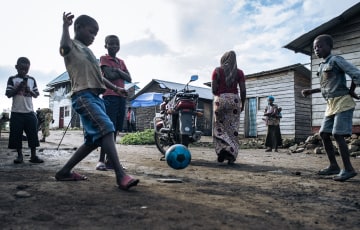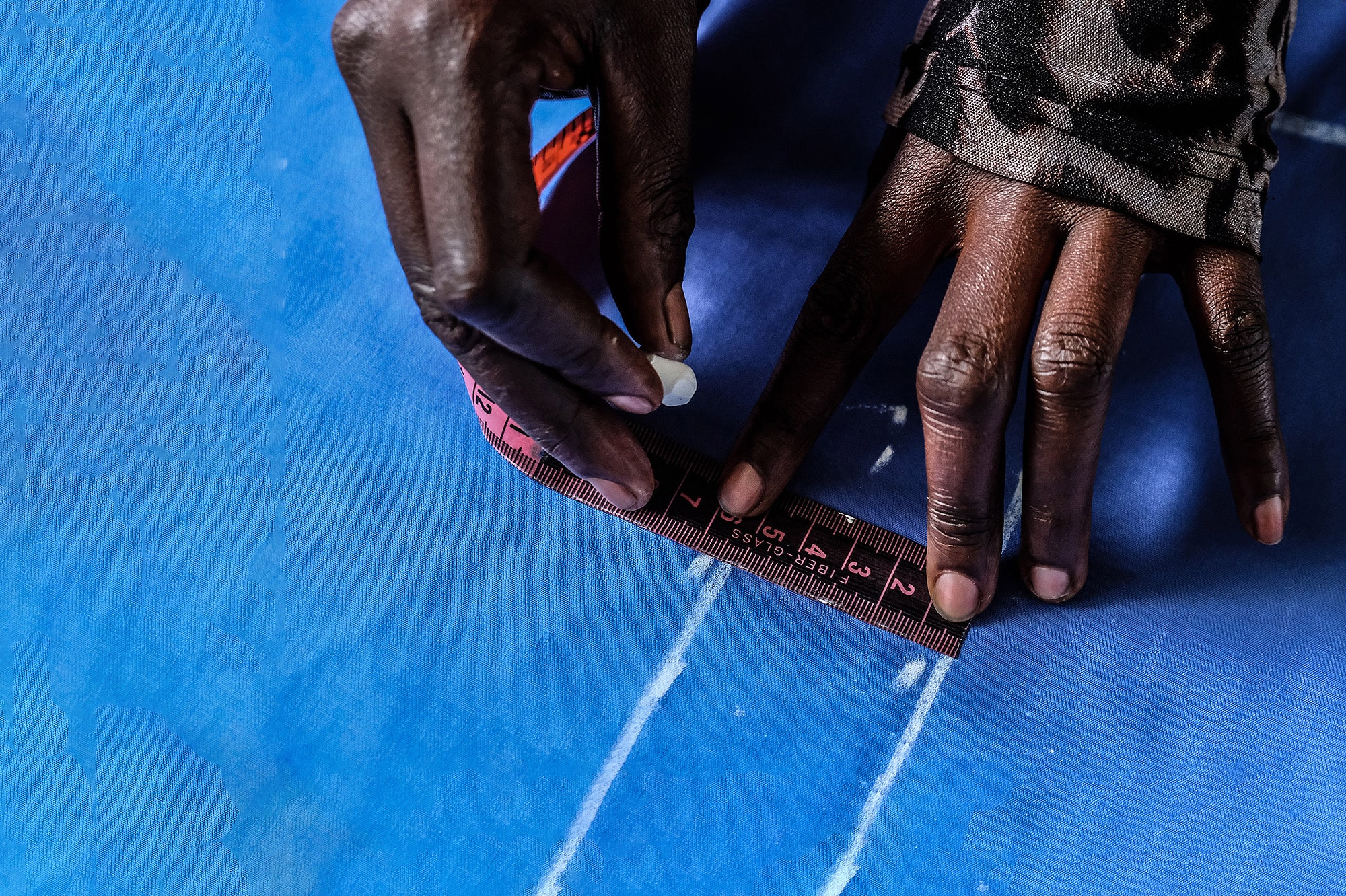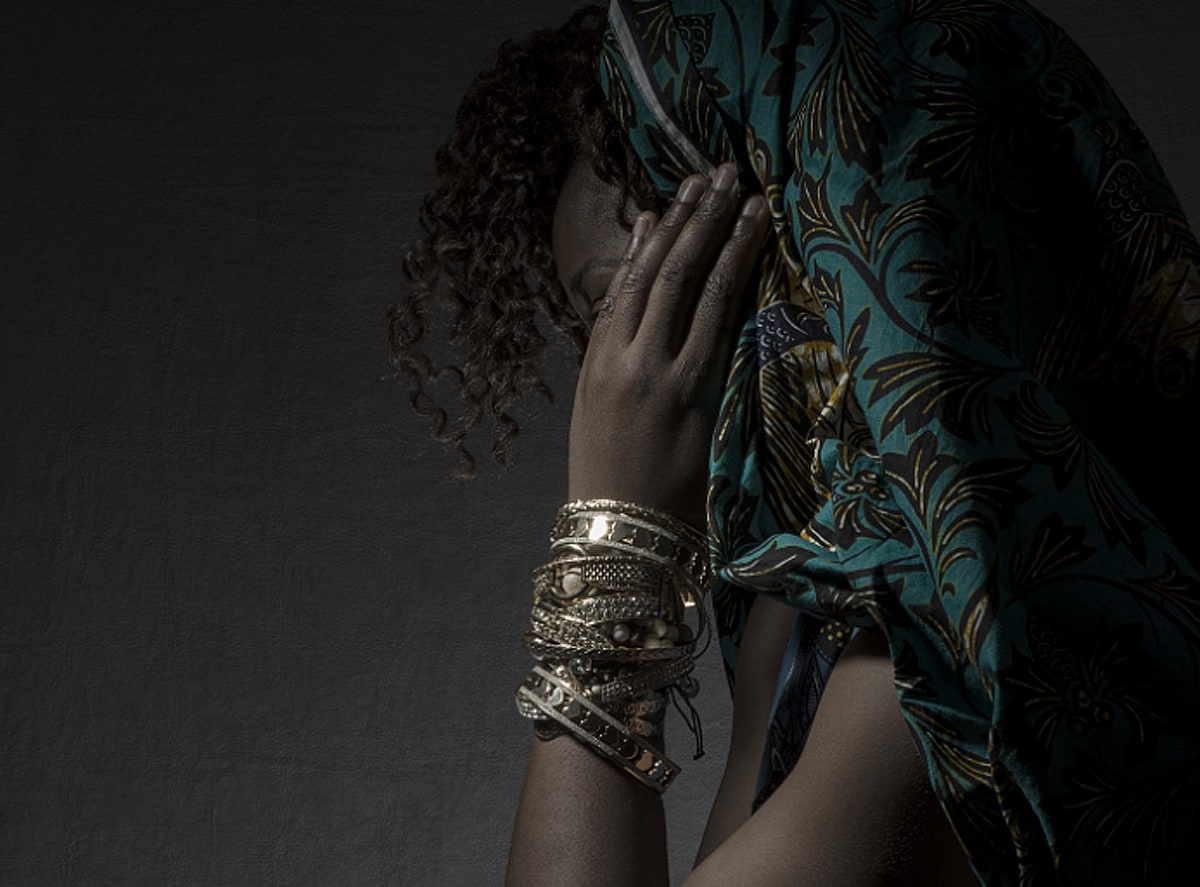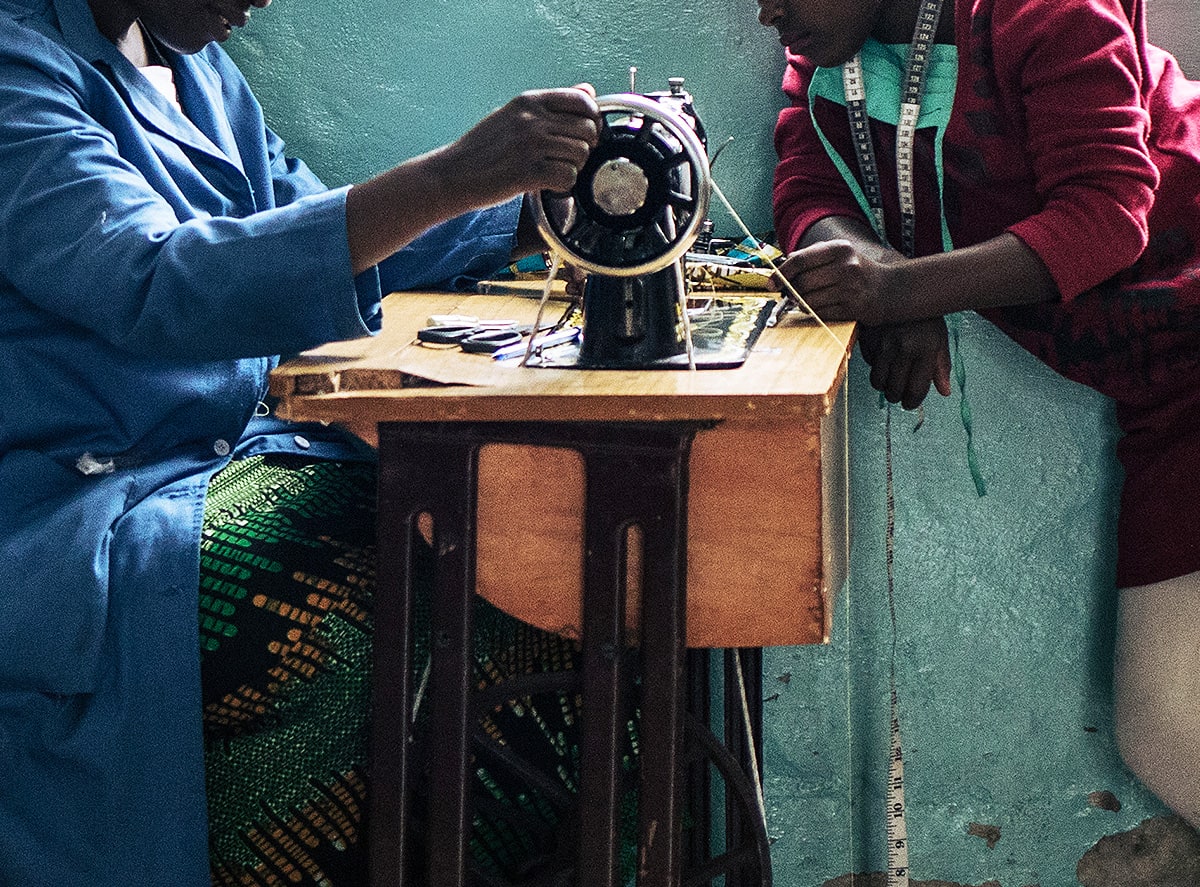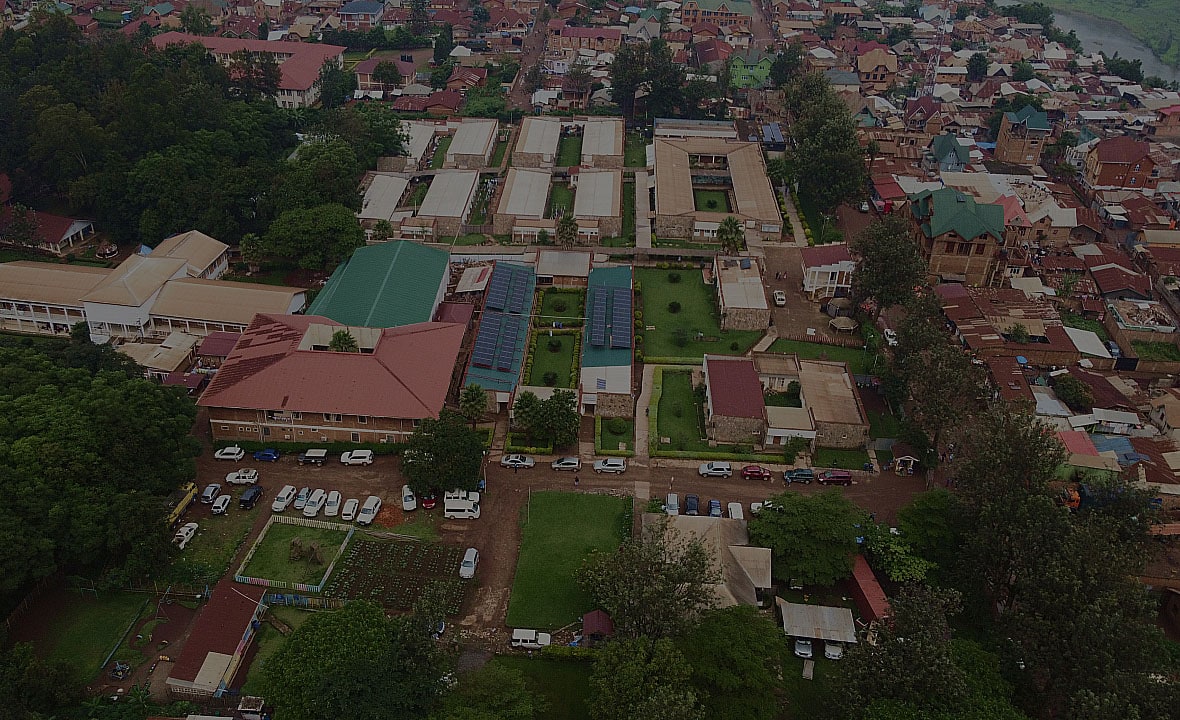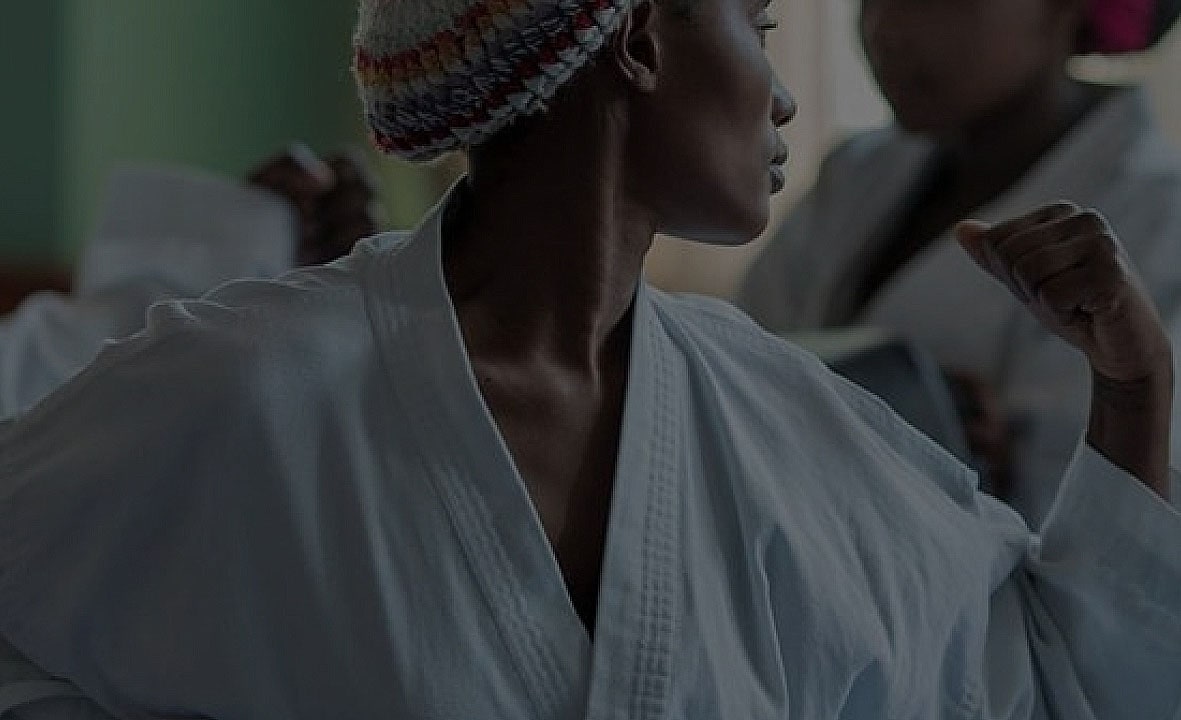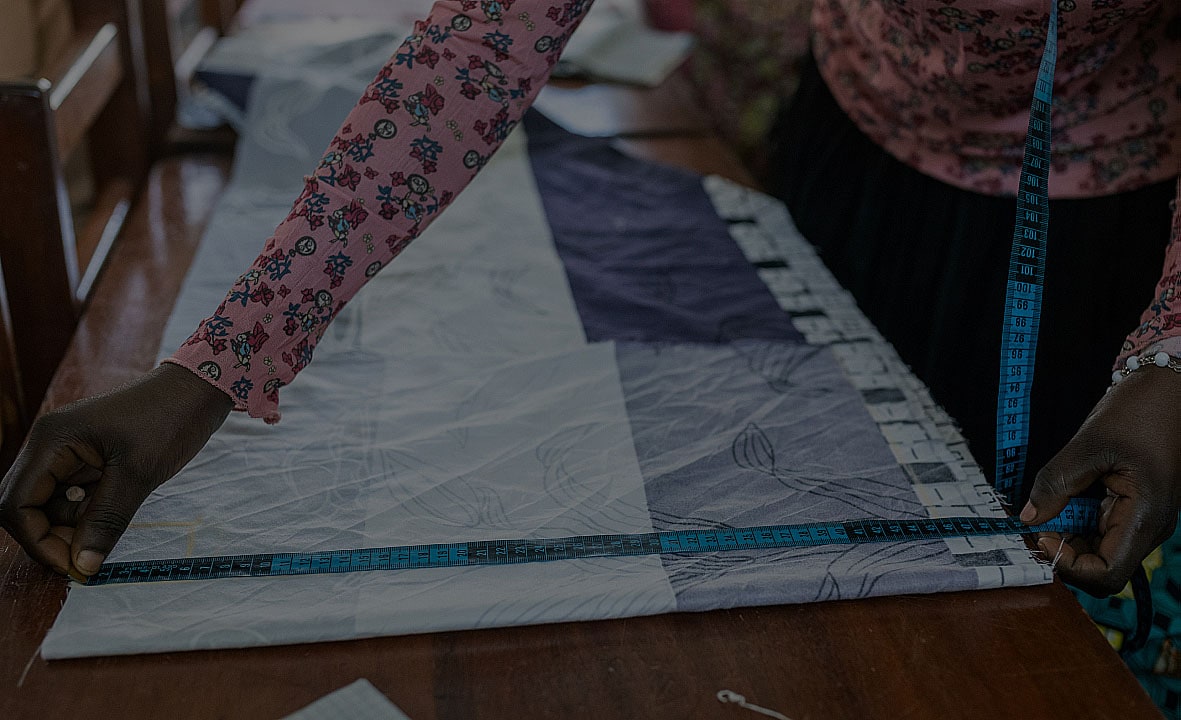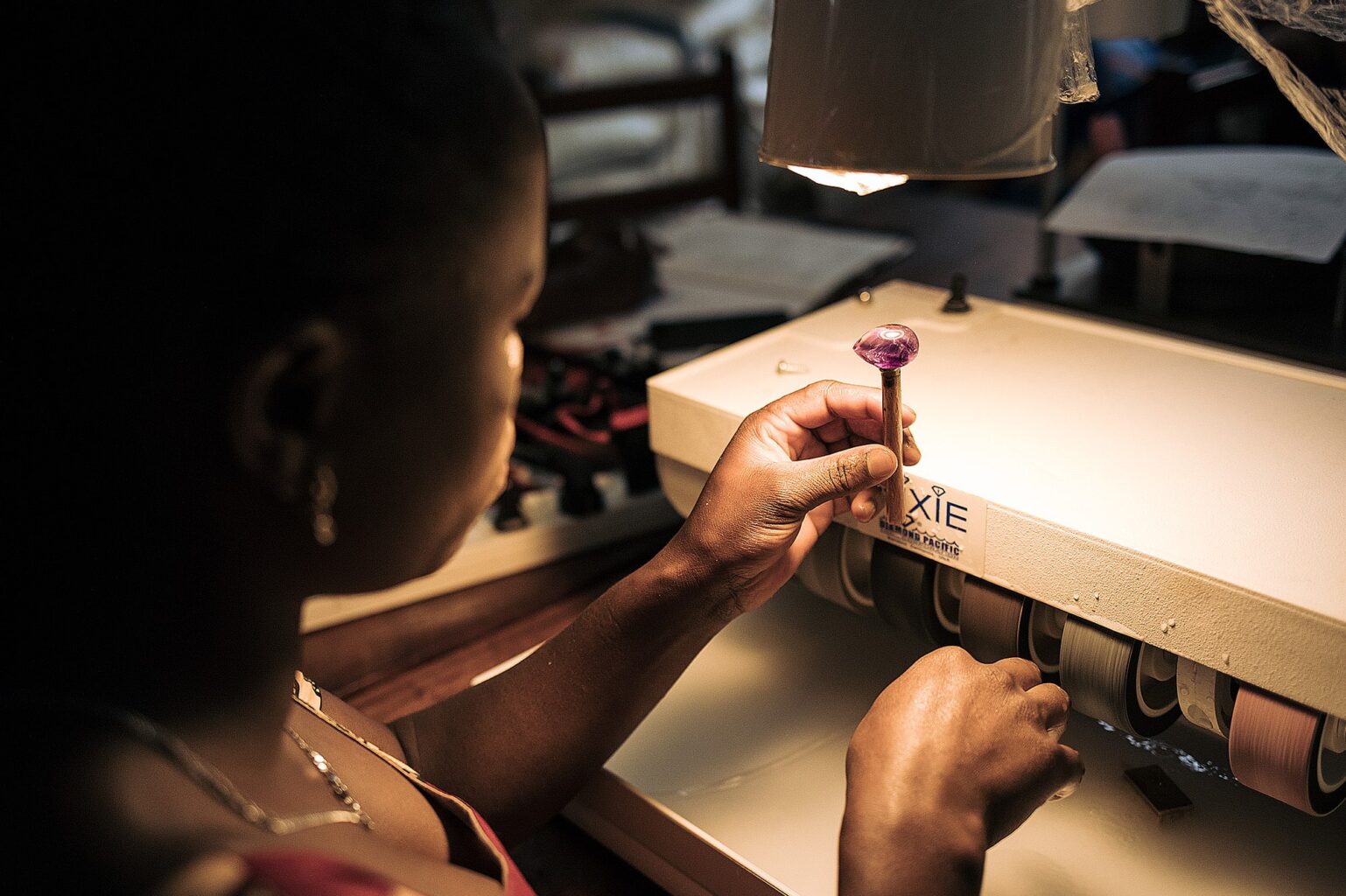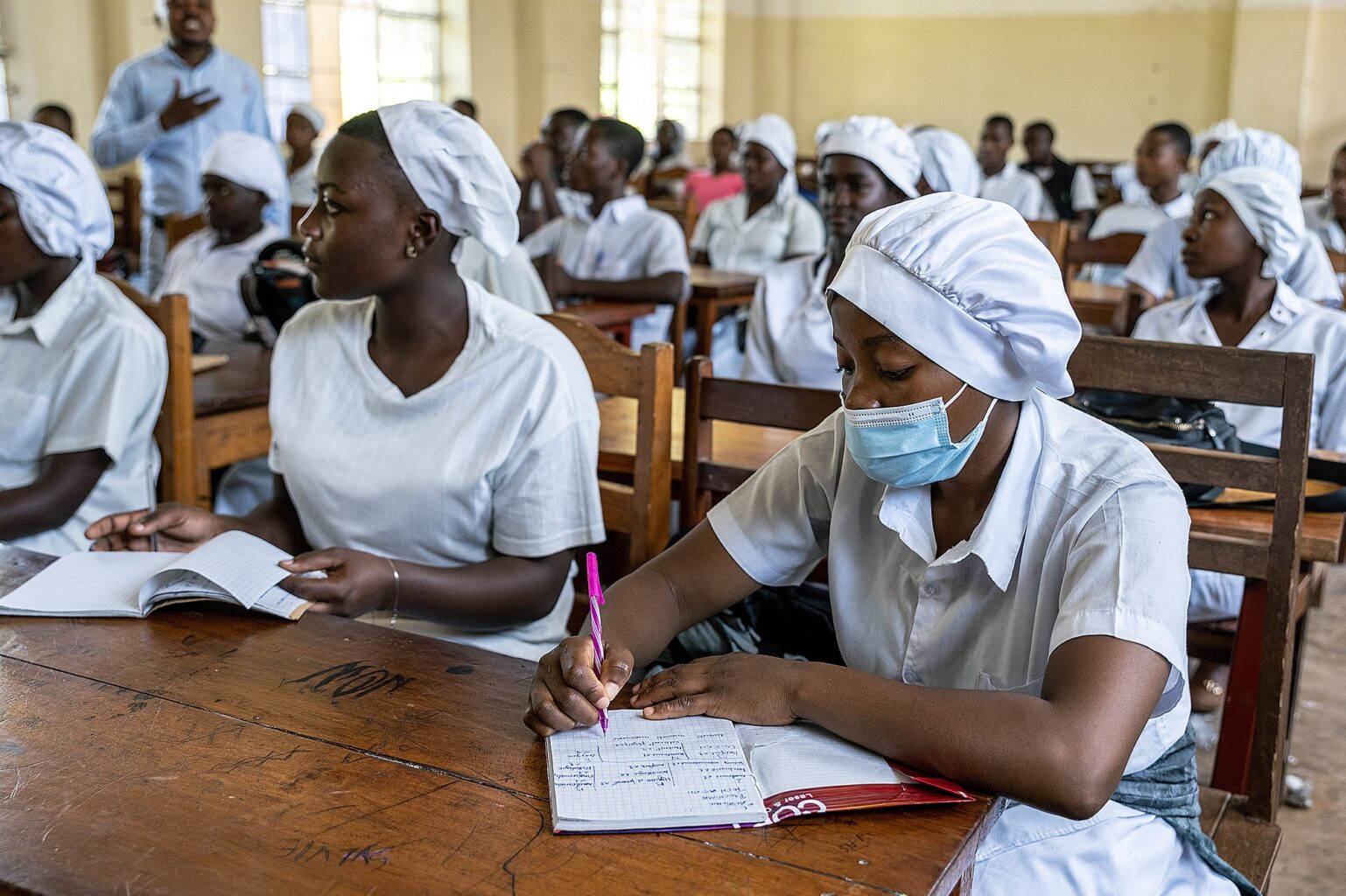The conflict in Eastern DRC has resulted in countless human rights abuses, displacement of millions, and a humanitarian crisis of unprecedented scale. Immediate action is needed to bring peace and stability to the region.
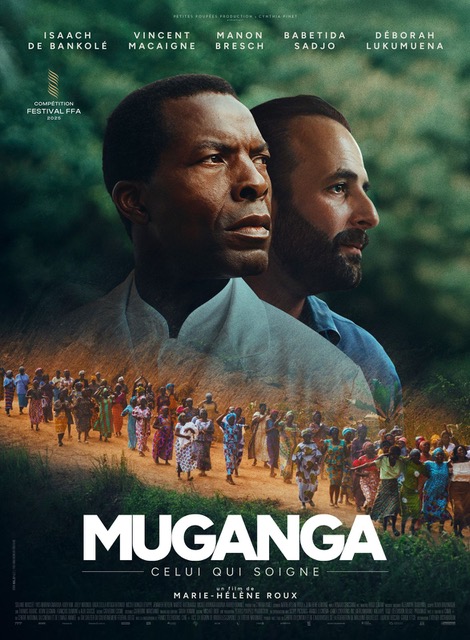
Experience the story of Dr. Denis Mukwege, Panzi, and the courage of survivors in select theaters now.
- Who We Are
-
About PANZI
Panzi Foundation & Hospital is a nonprofit organization headquartered in Bukavu, Democratic Republic of Congo, with a satellite office in Washington, D.C.

Stay up to date with what we are doing! Sign up for our newsletter today!
-
- What We Do
-
- Why It Matters
-
Our Impact
As a Congolese organization, we work with Congolese people, for Congolese people, to find sustainable solutions to pressing issues. From response to prevention, we are innovating for a stronger Congo.
The Crisis
Solutions & impact

Keep up with our most recent activities!
-
- Panzi Hospital
-
About panzi hospital
Panzi Hospital is a general hospital in Bukavu, DRC. Founded by Dr Denis Mukwege in 1999, Panzi is world-renowned for its treatment of survivors of sexual violence and gynecological injuries.
FOR PATIENTS
FOR Supporters

Our state of the art facility ensures that everyone has access to quality healthcare.
-
- Join Us
-
Join Us
While we always welcome financial contributions, we also need donations of time, creativity, and skill—from fundraising and education to action on a global scale.
Be an Advocate
Become a Partner
Join us in healing survivors and communities in the DRC!
-



